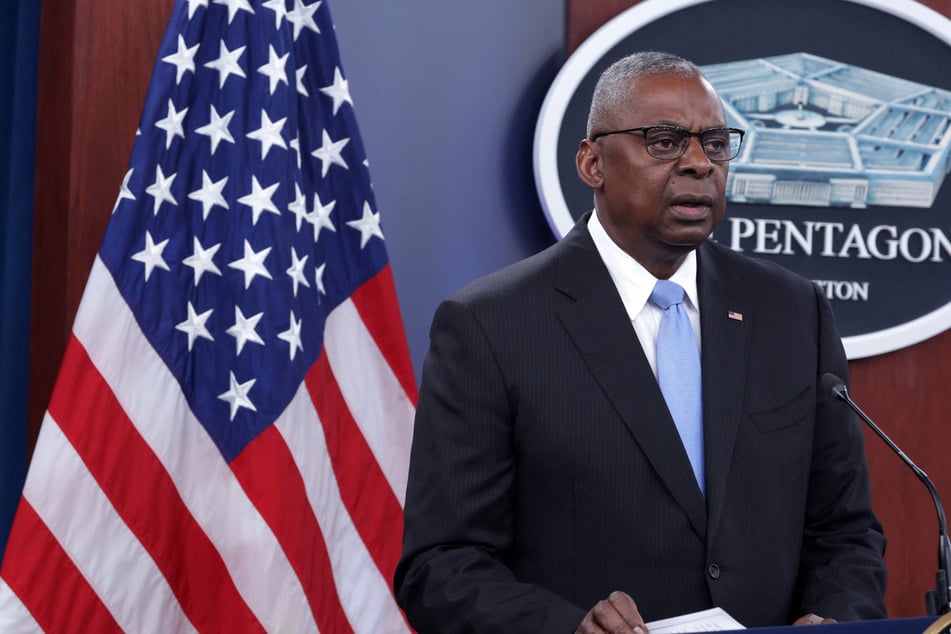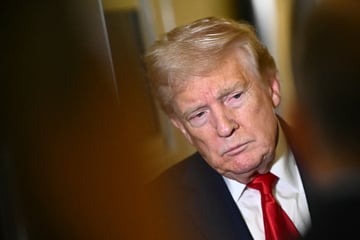Pentagon announces bolstered defensive capabilities in Middle East
Washington DC - The US plans to bolster its defensive capabilities in the Middle East to protect American forces and help defend Israel, the Pentagon said on Friday.

The announcement comes after Iran and its regional allies vowed retaliation for the killings of a Hamas leader in Tehran and a Hezbollah commander in Beirut, fueling fears of a broader conflict in the region.
US Defense Secretary Lloyd Austin "will be directing multiple forthcoming force posture moves to bolster force protection for US forces region-wide, to provide elevated support to the defense of Israel, and to ensure the United States is prepared to respond to this evolving crisis," Deputy Pentagon Press Secretary Sabrina Singh said.
"In terms of what specifics that means, I don't have that for you right now," Singh told journalists, adding that "these would be defensive capabilities if needed."
Israel killed Hezbollah commander Fuad Shukr in Beirut on Tuesday, a move it said was a response to deadly rocket fire last week on the annexed Golan Heights.
Hours later, Hamas leader Ismail Haniyeh was killed in the Iranian capital – an attack on which Israel has not yet commented.
A source close to Hezbollah told AFP that Iranian officials met in Tehran on Wednesday with representatives of the so-called "axis of resistance," a loose alliance of Tehran-backed groups hostile to Israel, to discuss their next steps.
US continues to back Israel as tensions escalate in Middle East
"Two scenarios were discussed: a simultaneous response from Iran and its allies or a staggered response from each party," said the source, who had been briefed on the meeting, requesting anonymity to discuss sensitive matters.
In April, Iran carried out its first direct attack on Israeli soil, firing a barrage of drones and missiles after a strike blamed on Israel killed Revolutionary Guards at Tehran's consulate in Damascus.
American forces helped defend Israel against the attack.
Cover photo: ALEX WONG / GETTY IMAGES NORTH AMERICA / GETTY IMAGES VIA AFP
